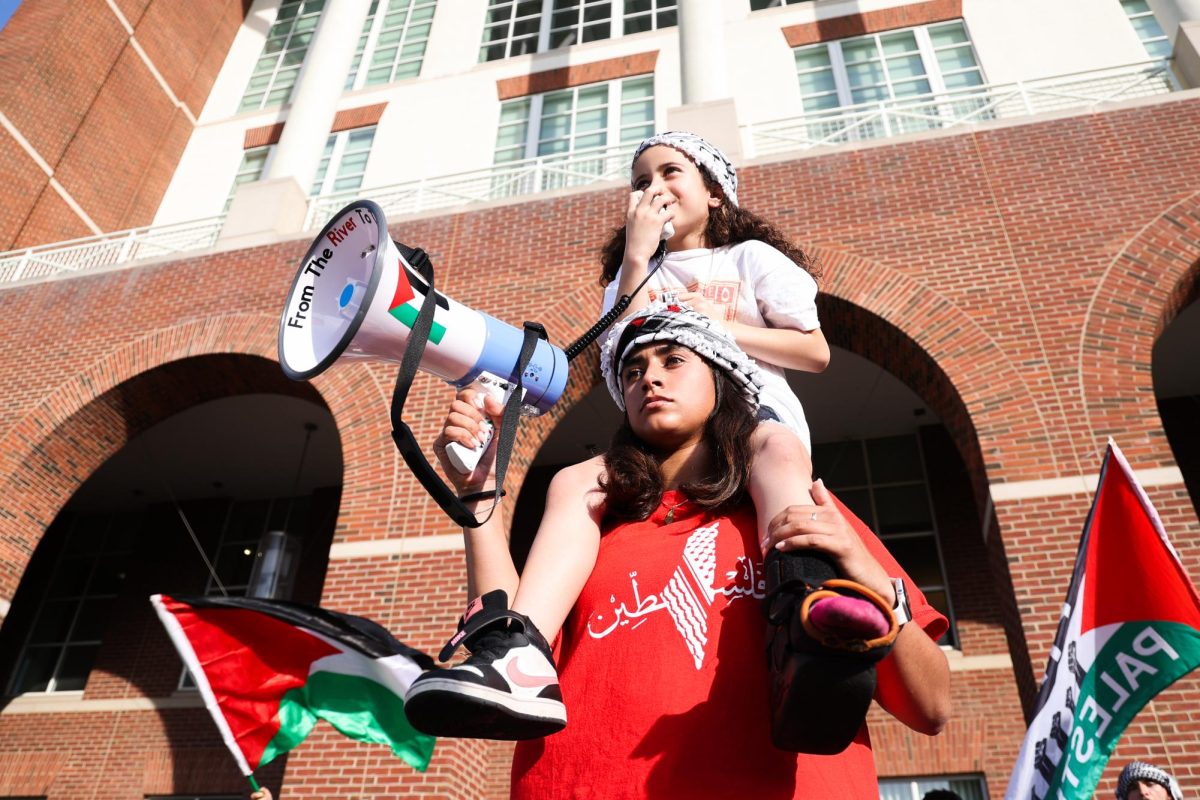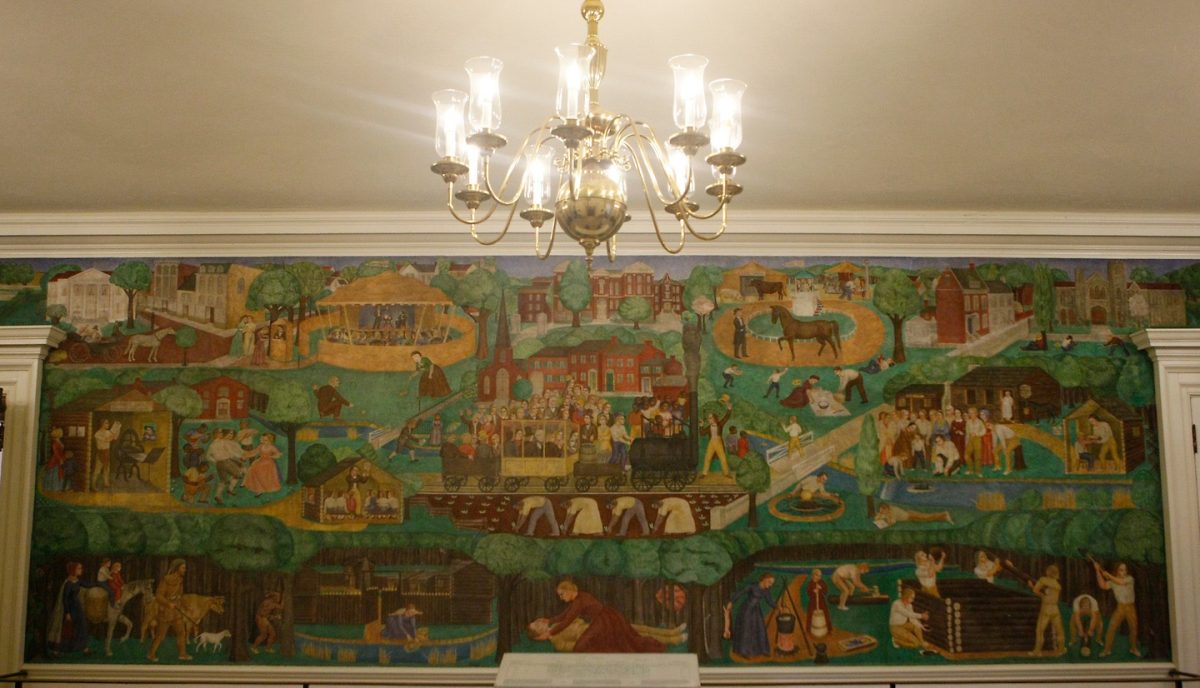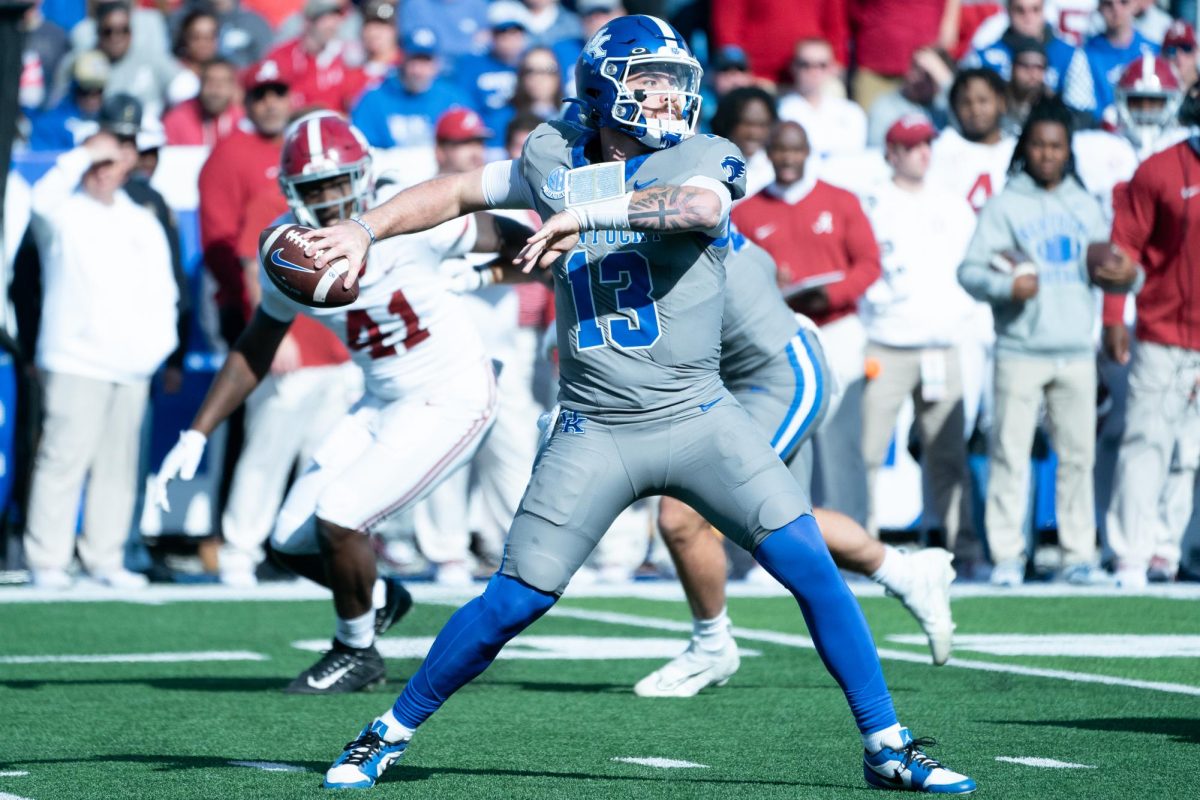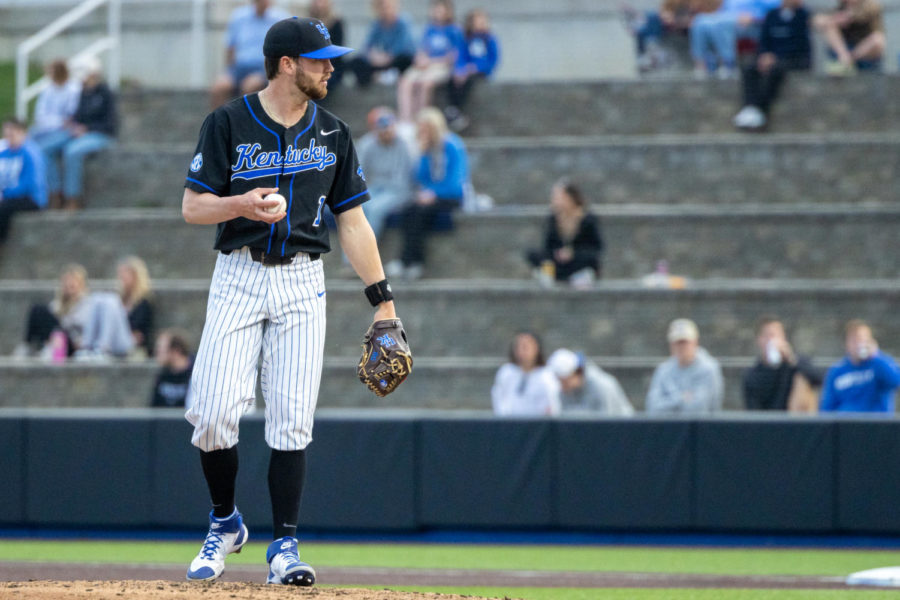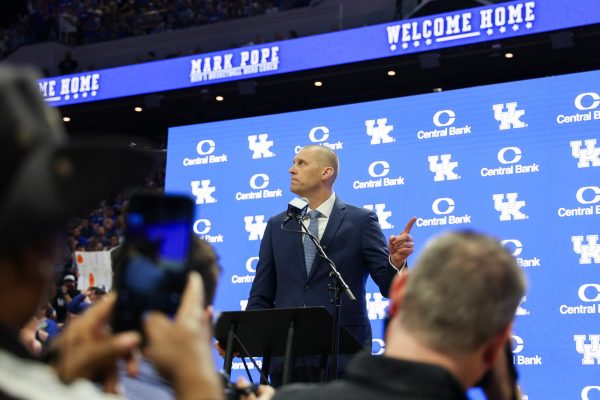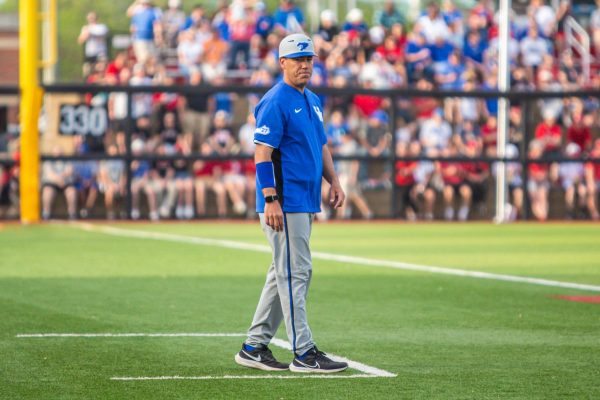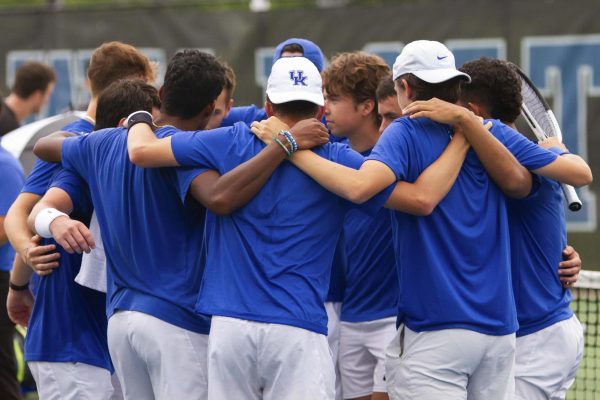The hate crime that changed the way we think: Learning from Laramie
October 15, 2009
Matthew Shepard was a fan of the theater. But when the curtain fell on his young life, he went from being an actor on the stage to the inspiration of the performance.
Shepard was born in 1976 in Casper, Wyo. His family’s travels allowed him to live in Saudi Arabia and Switzerland, but Shepard eventually found his way back to the states to study at the University of Wyoming in Laramie. He was multi-lingual, easy to talk to and he just happened to be gay. Shepard’s sexuality didn’t define him. It was simply a part of him. But that was still too much for some people in Laramie.
In 1998, Shepard’s lifestyle provided two men with enough hatred to inspire murder. Aaron McKinney and Russell Henderson led Shepard to a remote area east of Laramie and proceeded to enact what would become one of the most famous anti-gay hate crimes in the country. Shepard was beaten with a pistol. He was continuously tortured and tied to a split-rail fence. The two men left Shepard hanging there, his life bleeding away on that cold October night. That is where Shepard was found about 18 hours later, by a biker who initially thought Shepard’s limp body was just a scarecrow tied to the fence.
After slipping into a coma, Shepard died a few days later, bringing the world’s attention to anti-gay hate crimes. While his story is now 11 years old, college students should certainly feel a connection to Shepard. He was only 21 years old when his life was ripped away.
Look around you on this campus. What is the mean age of the students in your classes? Imagine one of your peers experiencing this torture, and then try to feel disconnected from Shepard.
Anyone who did not know the story of Matthew Shepard, I urge you to take the time to educate yourself about the issue of anti-gay hate crimes. Because, sadly, he was not alone. In 2007, over 1,200 hate crimes reported to the FBI Crime Report were motivated by sexual orientation. While other types of hate crimes have decreased over the past five years, anti-gay hate crimes are actually increasing.
We must note that these numbers are only those hate crimes reported. How many people suffer silently each day when they experience a hate crime? The answer is probably far higher than we wish to admit. It is people like McKinney and Henderson who inspire fear in people and push gays, lesbians and transgenders into depression and anxiety. No person should feel afraid to leave the house in fear they will encounter a bigot with bad intentions that day.
Shepard’s murder sent many across the nation reeling in grief and rocked the town of Laramie to its core. “The Laramie Project†is a play focusing on the town where the murder took place and the experiences of the people living there following Matthew’s death. It is being performed Friday night at the Briggs Theatre and is an eye-opening experience. Anyone who wishes to expand their understanding of the effects of a hate crime should attend.
But it shouldn’t take a hate crime of this magnitude to affect change. We are lucky enough on this campus that we have not been faced with a murder tied to anti-gay feelings. But those feelings still exist. And as long as they do, our gay and lesbian students will continue live in fear. Everyone has to do their part to ensure this campus is a safe and accepting place for all students, regardless of sexual orientation.
I’m not pushing anyone to agree or disagree with homosexuality. That is another issue I feel requires deep discussion and personal reflection. You don’t have to agree with the lifestyle of gays and lesbians. What you should agree with, despite any religious or moral convictions you hold, is that brutal violence is never acceptable in response to a difference in sexual orientation. You can say you think it’s wrong — but that is never an excuse for harming someone on the basis of their sexuality. You may not agree with the way Matthew Shepard lived his life. But you have to resign to the fact that he did not deserve to die.
Shepard’s parents formed The Matthew Shepard Foundation to fight hate and ignorance and attempt to replace those views with compassion and acceptance. If you have any desire to learn more and help stop the violence, go to www.matthewshepard.org, and be part of the movement to make sure no person has to live in fear because of who they love. It’s what Matthew Shepard died for.
Katie Saltz is a journalism senior.


